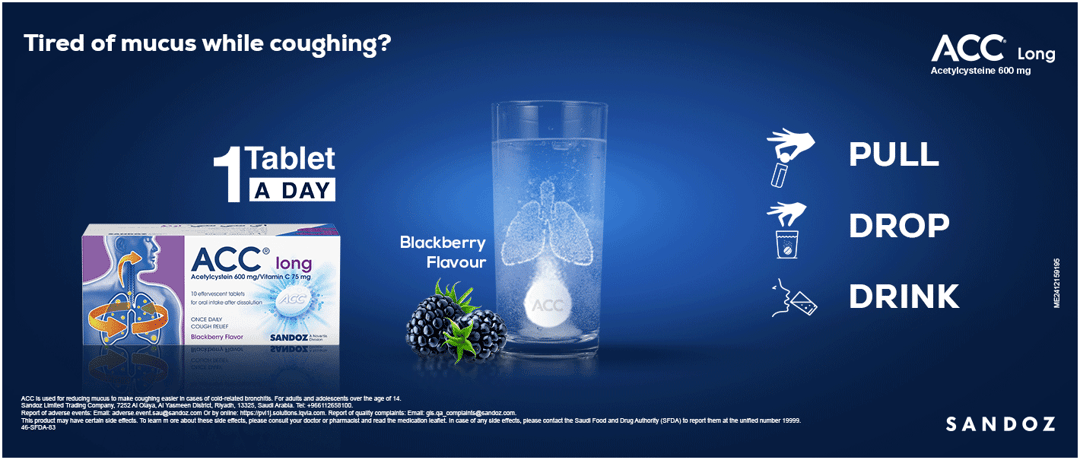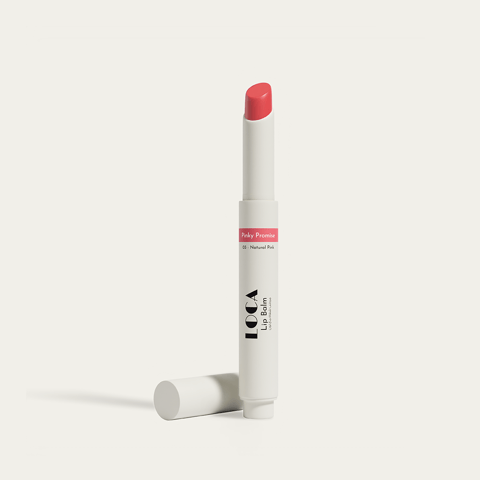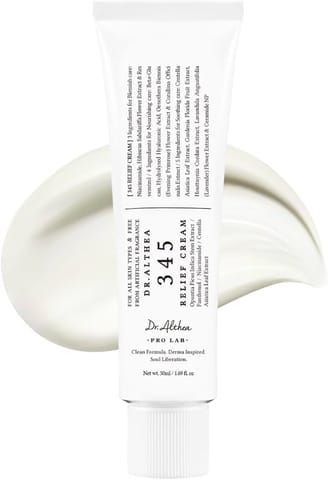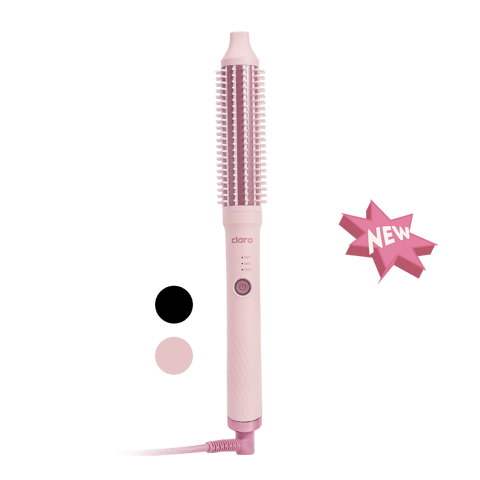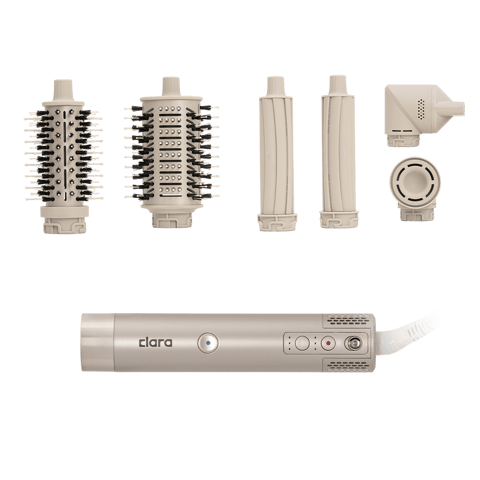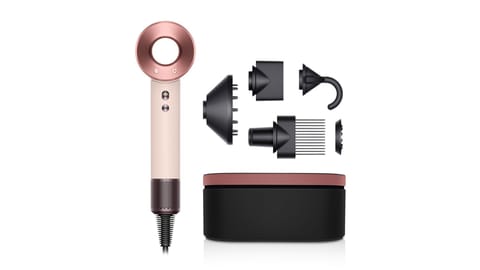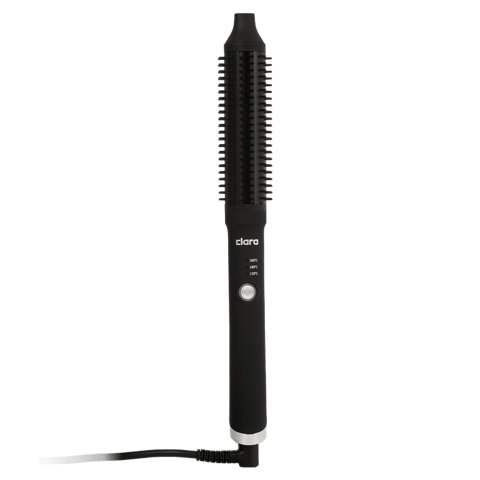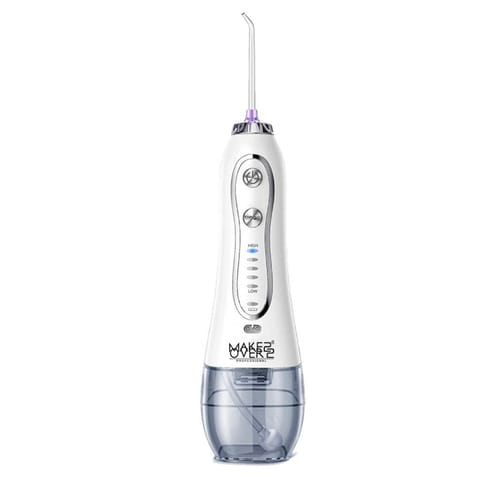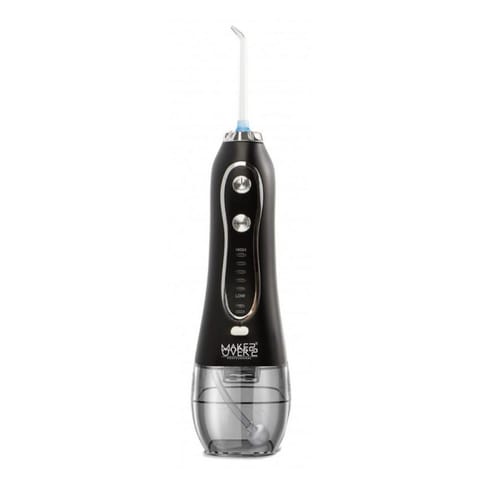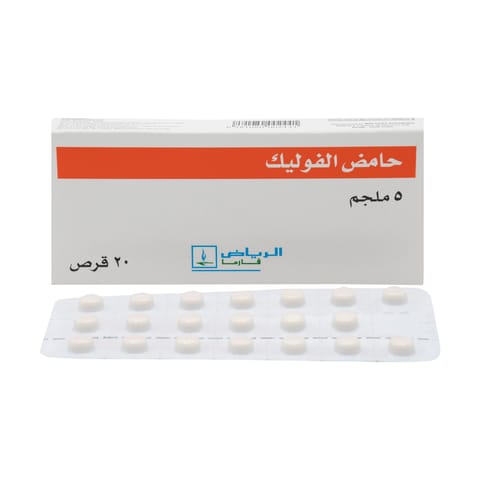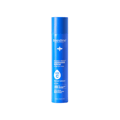Desmopressin 120 micrograms oral lyophilizate
What desmopressin is used for:
Desmopressin is a synthetic structural analogue of the natural pituitary hormone arginine vasopressin. The difference lies in the deamination of cysteine and substitution of L-arginine by D-arginine.
It is indicated for the treatment of:
• Primary nocturnal enuresis (bedwetting) in children (from 5 years of age) and adults (up to 65 years of age).
Do not use desmopressin in
• Habitual or psychogenic polydipsia (resulting in a urine production exceeding 40 mL/kg/24 hours)
• A history of known or suspected cardiac insufficiency and other conditions requiring treatment with diuretics
• Moderate and severe renal insufficiency (creatinine clearance below 50 mL/min)
• Known hyponatremia
• Syndrome of inappropriate anti-diuretic hormone secretion (SIADH)
• Hypersensitivity to desmopressin or to any of the excipients
Warnings and precautions:
Take special care:
• if you have an illness causing fluid and/or electrolyte imbalance e.g. vomiting, diarrhoea, systemic infections, fever or gastroenteritis
• if you have a medical condition that could be made worse by fluid and/or electrolyte disturbance
• if you have cystic fibrosis
• if you have difficulty in passing water
Possible side effects:
Stop using the product and seek immediate medical attention if you develop throat tightness or swelling of the eyes, face, lips or tongue, feel faint, or have difficulty breathing. Stop using the product if you develop hives or itching of the face or body.
Other medicines and desmopressin
Please inform your doctor or pharmacist:
• if you are taking or have recently taken or used any other medicines, even those not prescribed
• if you are on medication for depression. epilepsy or type II diabetes
• if you are taking a medicine for pain and/or inflammation containing non-steroidal anti-inflammatory drugs (also known as NSAIDs)
• if you are taking a medicine containing loperamide for diarrhea
How to take desmopressin:
The usual starting dose is 120 micrograms sublingually (under the tongue) at bedtime. Depending on how well the bedwetting is controlled, your doctor may increase the dose to either two 120 micrograms or one 240 micrograms sublingually (under the tongue) at bedtime. The need for continued treatment is normally checked every three months.
How to store desmopressin:
Store below 25°C. Keep in original container in order to protect from moisture and light.
Keep out of the sight and reach of children. Do not take this medicine after the expiry date on the packaging.
The expiry date refers to the last day of that month. Do not throw away any medicines via wastewater or household waste.
Best selling products
 203.64
203.64 239.58 SAVE 15%
239.58 SAVE 15%Save 15%
 75.51
75.51 112.7 SAVE 33%
112.7 SAVE 33%Save 33%
 17.42
17.42 26 SAVE 33%
26 SAVE 33%Save 33%
Best selling products
 70.84
70.84 88.55 SAVE 20%
88.55 SAVE 20%20% Off
 370.01
370.01 493.35 SAVE 25%
493.35 SAVE 25%Save 25%
 54.19
54.19 54.19
54.19 67.74 SAVE 20%
67.74 SAVE 20%20% Off
 62.2
62.2 77.75 SAVE 20%
77.75 SAVE 20%20% Off
 69.92
69.92 87.4 SAVE 20%
87.4 SAVE 20%20% Off
 65.04
65.04 81.3 SAVE 20%
81.3 SAVE 20%20% Off
Best selling products
 57.5
57.5 115 SAVE 50%
115 SAVE 50%Save 50%
 30
30 60 SAVE 50%
60 SAVE 50%Save 50%
 193.2
193.2 322 SAVE 40%
322 SAVE 40%40% Off
Best selling products
Best selling products
Best selling products
 91.43
91.43 182.85 SAVE 50%
182.85 SAVE 50%Save 50%
 22.37
22.37 22.37
22.37 44.75 SAVE 50%
44.75 SAVE 50%Save 50%
 43
43 86 SAVE 50%
86 SAVE 50%Save 50%
REDOXON
 19.84
19.84 19.84
19.84 26.45 SAVE 25%
26.45 SAVE 25%Save 25%
Recently viewed
- Home
- Medications
- Medication
- Minirin-Melt 120 Mcg Tablet 30pcs
Minirin-Melt 120 Mcg Tablet 30pcs
 191.95
191.95Loyalty Program
Loyalty
For each qualifying purchase you make, you will accumulate loyalty points. These points can then be redeemed for a variety of rewards such as discounts, exclusive, offers or even free products.
For Each
100
SAR
-->
100
POINTS
TIER2
100
SPAR SPEND
=
100
POINTS
TIER3
100
SPAR SPEND
=
100
POINTS
- Details
Desmopressin 120 micrograms oral lyophilizate
What desmopressin is used for:
Desmopressin is a synthetic structural analogue of the natural pituitary hormone arginine vasopressin. The difference lies in the deamination of cysteine and substitution of L-arginine by D-arginine.
It is indicated for the treatment of:
• Primary nocturnal enuresis (bedwetting) in children (from 5 years of age) and adults (up to 65 years of age).
Do not use desmopressin in
• Habitual or psychogenic polydipsia (resulting in a urine production exceeding 40 mL/kg/24 hours)
• A history of known or suspected cardiac insufficiency and other conditions requiring treatment with diuretics
• Moderate and severe renal insufficiency (creatinine clearance below 50 mL/min)
• Known hyponatremia
• Syndrome of inappropriate anti-diuretic hormone secretion (SIADH)
• Hypersensitivity to desmopressin or to any of the excipients
Warnings and precautions:
Take special care:
• if you have an illness causing fluid and/or electrolyte imbalance e.g. vomiting, diarrhoea, systemic infections, fever or gastroenteritis
• if you have a medical condition that could be made worse by fluid and/or electrolyte disturbance
• if you have cystic fibrosis
• if you have difficulty in passing waterPossible side effects:
Stop using the product and seek immediate medical attention if you develop throat tightness or swelling of the eyes, face, lips or tongue, feel faint, or have difficulty breathing. Stop using the product if you develop hives or itching of the face or body.
Other medicines and desmopressin
Please inform your doctor or pharmacist:
• if you are taking or have recently taken or used any other medicines, even those not prescribed
• if you are on medication for depression. epilepsy or type II diabetes
• if you are taking a medicine for pain and/or inflammation containing non-steroidal anti-inflammatory drugs (also known as NSAIDs)
• if you are taking a medicine containing loperamide for diarrhea
How to take desmopressin:
The usual starting dose is 120 micrograms sublingually (under the tongue) at bedtime. Depending on how well the bedwetting is controlled, your doctor may increase the dose to either two 120 micrograms or one 240 micrograms sublingually (under the tongue) at bedtime. The need for continued treatment is normally checked every three months.
How to store desmopressin:
Store below 25°C. Keep in original container in order to protect from moisture and light.
Keep out of the sight and reach of children. Do not take this medicine after the expiry date on the packaging.
The expiry date refers to the last day of that month. Do not throw away any medicines via wastewater or household waste.
Desmopressin 120 micrograms oral lyophilizate
What desmopressin is used for:
Desmopressin is a synthetic structural analogue of the natural pituitary hormone arginine vasopressin. The difference lies in the deamination of cysteine and substitution of L-arginine by D-arginine.
It is indicated for the treatment of:
• Primary nocturnal enuresis (bedwetting) in children (from 5 years of age) and adults (up to 65 years of age).
Do not use desmopressin in
• Habitual or psychogenic polydipsia (resulting in a urine production exceeding 40 mL/kg/24 hours)
• A history of known or suspected cardiac insufficiency and other conditions requiring treatment with diuretics
• Moderate and severe renal insufficiency (creatinine clearance below 50 mL/min)
• Known hyponatremia
• Syndrome of inappropriate anti-diuretic hormone secretion (SIADH)
• Hypersensitivity to desmopressin or to any of the excipients
Warnings and precautions:
Take special care:
• if you have an illness causing fluid and/or electrolyte imbalance e.g. vomiting, diarrhoea, systemic infections, fever or gastroenteritis
• if you have a medical condition that could be made worse by fluid and/or electrolyte disturbance
• if you have cystic fibrosis
• if you have difficulty in passing water
Possible side effects:
Stop using the product and seek immediate medical attention if you develop throat tightness or swelling of the eyes, face, lips or tongue, feel faint, or have difficulty breathing. Stop using the product if you develop hives or itching of the face or body.
Other medicines and desmopressin
Please inform your doctor or pharmacist:
• if you are taking or have recently taken or used any other medicines, even those not prescribed
• if you are on medication for depression. epilepsy or type II diabetes
• if you are taking a medicine for pain and/or inflammation containing non-steroidal anti-inflammatory drugs (also known as NSAIDs)
• if you are taking a medicine containing loperamide for diarrhea
How to take desmopressin:
The usual starting dose is 120 micrograms sublingually (under the tongue) at bedtime. Depending on how well the bedwetting is controlled, your doctor may increase the dose to either two 120 micrograms or one 240 micrograms sublingually (under the tongue) at bedtime. The need for continued treatment is normally checked every three months.
How to store desmopressin:
Store below 25°C. Keep in original container in order to protect from moisture and light.
Keep out of the sight and reach of children. Do not take this medicine after the expiry date on the packaging.
The expiry date refers to the last day of that month. Do not throw away any medicines via wastewater or household waste.
Desmopressin 120 micrograms oral lyophilizate
What desmopressin is used for:
Desmopressin is a synthetic structural analogue of the natural pituitary hormone arginine vasopressin. The difference lies in the deamination of cysteine and substitution of L-arginine by D-arginine.
It is indicated for the treatment of:
• Primary nocturnal enuresis (bedwetting) in children (from 5 years of age) and adults (up to 65 years of age).
Do not use desmopressin in
• Habitual or psychogenic polydipsia (resulting in a urine production exceeding 40 mL/kg/24 hours)
• A history of known or suspected cardiac insufficiency and other conditions requiring treatment with diuretics
• Moderate and severe renal insufficiency (creatinine clearance below 50 mL/min)
• Known hyponatremia
• Syndrome of inappropriate anti-diuretic hormone secretion (SIADH)
• Hypersensitivity to desmopressin or to any of the excipients
Warnings and precautions:
Take special care:
• if you have an illness causing fluid and/or electrolyte imbalance e.g. vomiting, diarrhoea, systemic infections, fever or gastroenteritis
• if you have a medical condition that could be made worse by fluid and/or electrolyte disturbance
• if you have cystic fibrosis
• if you have difficulty in passing water
Possible side effects:
Stop using the product and seek immediate medical attention if you develop throat tightness or swelling of the eyes, face, lips or tongue, feel faint, or have difficulty breathing. Stop using the product if you develop hives or itching of the face or body.
Other medicines and desmopressin
Please inform your doctor or pharmacist:
• if you are taking or have recently taken or used any other medicines, even those not prescribed
• if you are on medication for depression. epilepsy or type II diabetes
• if you are taking a medicine for pain and/or inflammation containing non-steroidal anti-inflammatory drugs (also known as NSAIDs)
• if you are taking a medicine containing loperamide for diarrhea
How to take desmopressin:
The usual starting dose is 120 micrograms sublingually (under the tongue) at bedtime. Depending on how well the bedwetting is controlled, your doctor may increase the dose to either two 120 micrograms or one 240 micrograms sublingually (under the tongue) at bedtime. The need for continued treatment is normally checked every three months.
How to store desmopressin:
Store below 25°C. Keep in original container in order to protect from moisture and light.
Keep out of the sight and reach of children. Do not take this medicine after the expiry date on the packaging.
The expiry date refers to the last day of that month. Do not throw away any medicines via wastewater or household waste.
Desmopressin 120 micrograms oral lyophilizate
What desmopressin is used for:
Desmopressin is a synthetic structural analogue of the natural pituitary hormone arginine vasopressin. The difference lies in the deamination of cysteine and substitution of L-arginine by D-arginine.
It is indicated for the treatment of:
• Primary nocturnal enuresis (bedwetting) in children (from 5 years of age) and adults (up to 65 years of age).
Do not use desmopressin in
• Habitual or psychogenic polydipsia (resulting in a urine production exceeding 40 mL/kg/24 hours)
• A history of known or suspected cardiac insufficiency and other conditions requiring treatment with diuretics
• Moderate and severe renal insufficiency (creatinine clearance below 50 mL/min)
• Known hyponatremia
• Syndrome of inappropriate anti-diuretic hormone secretion (SIADH)
• Hypersensitivity to desmopressin or to any of the excipients
Warnings and precautions:
Take special care:
• if you have an illness causing fluid and/or electrolyte imbalance e.g. vomiting, diarrhoea, systemic infections, fever or gastroenteritis
• if you have a medical condition that could be made worse by fluid and/or electrolyte disturbance
• if you have cystic fibrosis
• if you have difficulty in passing water
Possible side effects:
Stop using the product and seek immediate medical attention if you develop throat tightness or swelling of the eyes, face, lips or tongue, feel faint, or have difficulty breathing. Stop using the product if you develop hives or itching of the face or body.
Other medicines and desmopressin
Please inform your doctor or pharmacist:
• if you are taking or have recently taken or used any other medicines, even those not prescribed
• if you are on medication for depression. epilepsy or type II diabetes
• if you are taking a medicine for pain and/or inflammation containing non-steroidal anti-inflammatory drugs (also known as NSAIDs)
• if you are taking a medicine containing loperamide for diarrhea
How to take desmopressin:
The usual starting dose is 120 micrograms sublingually (under the tongue) at bedtime. Depending on how well the bedwetting is controlled, your doctor may increase the dose to either two 120 micrograms or one 240 micrograms sublingually (under the tongue) at bedtime. The need for continued treatment is normally checked every three months.
How to store desmopressin:
Store below 25°C. Keep in original container in order to protect from moisture and light.
Keep out of the sight and reach of children. Do not take this medicine after the expiry date on the packaging.
The expiry date refers to the last day of that month. Do not throw away any medicines via wastewater or household waste.



